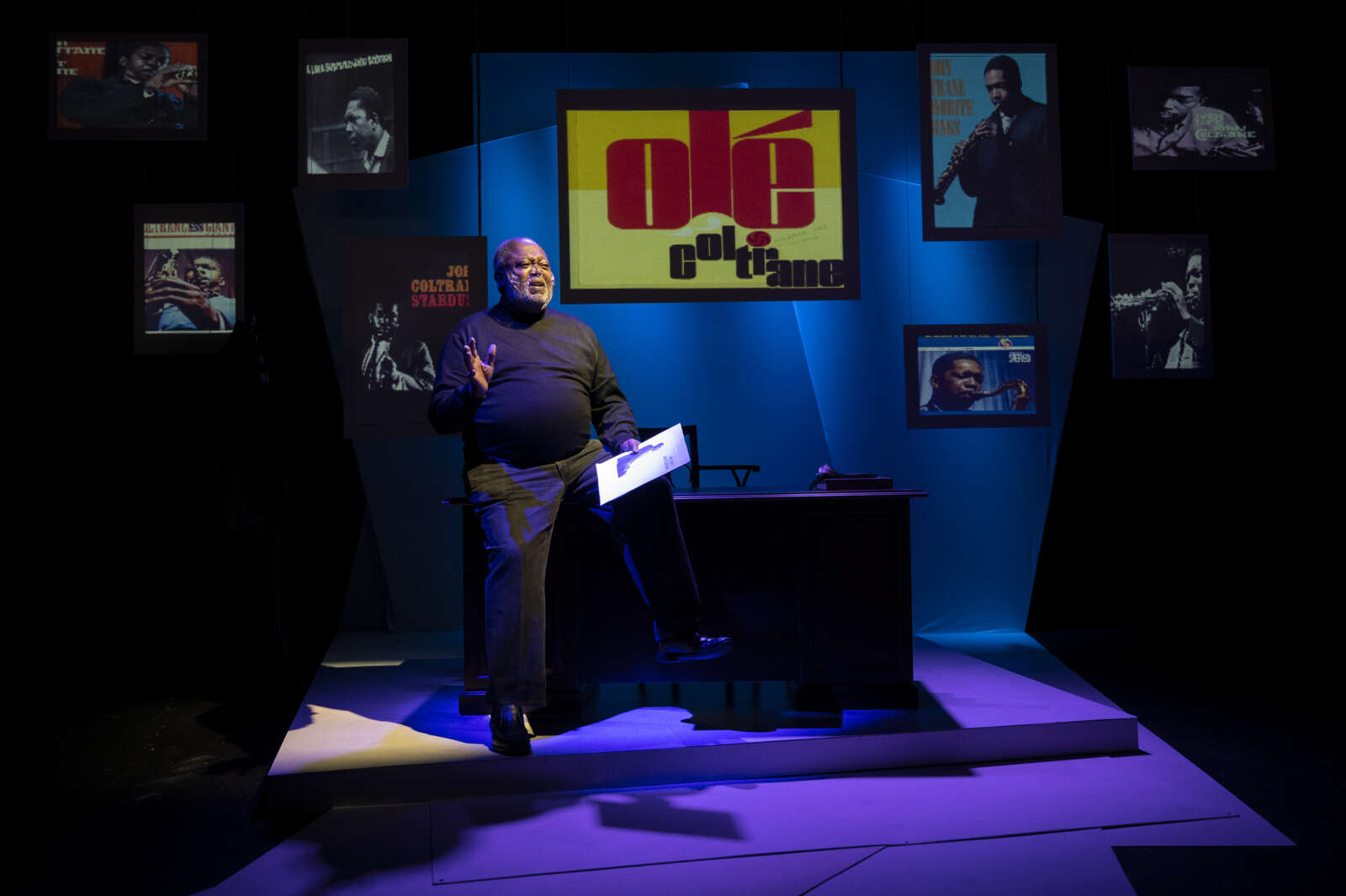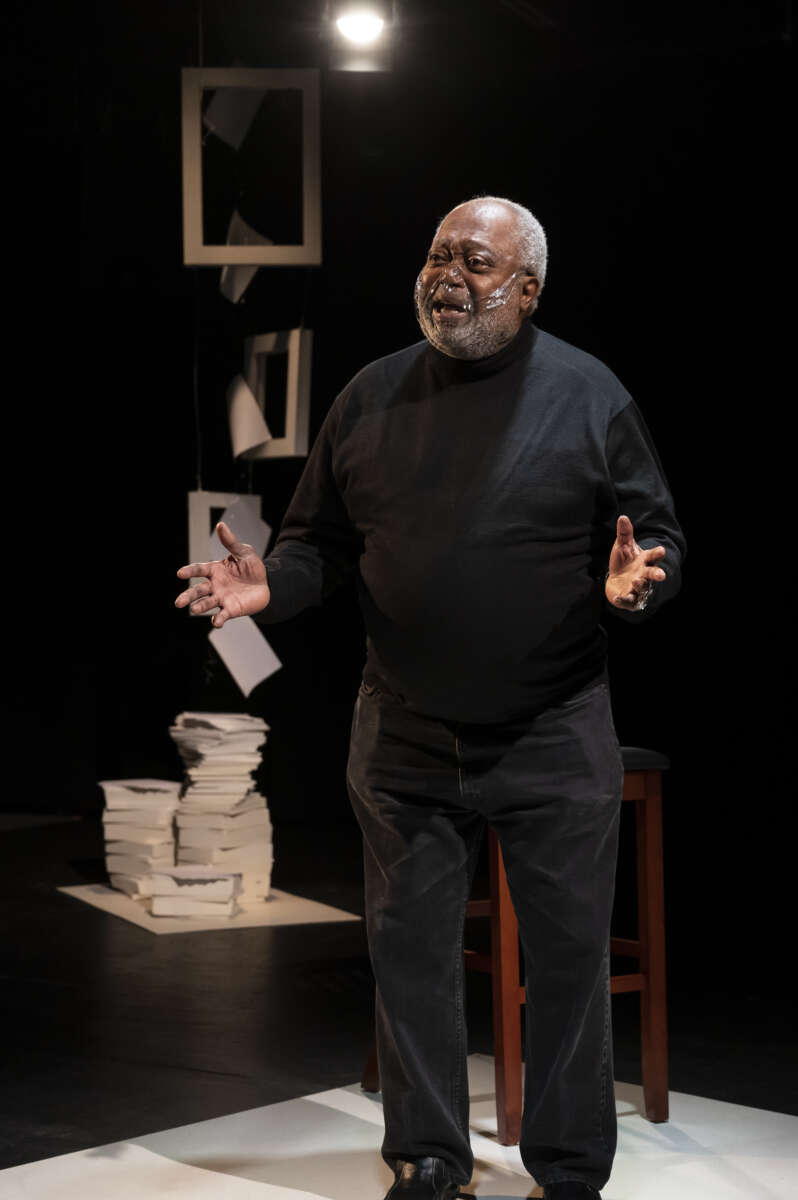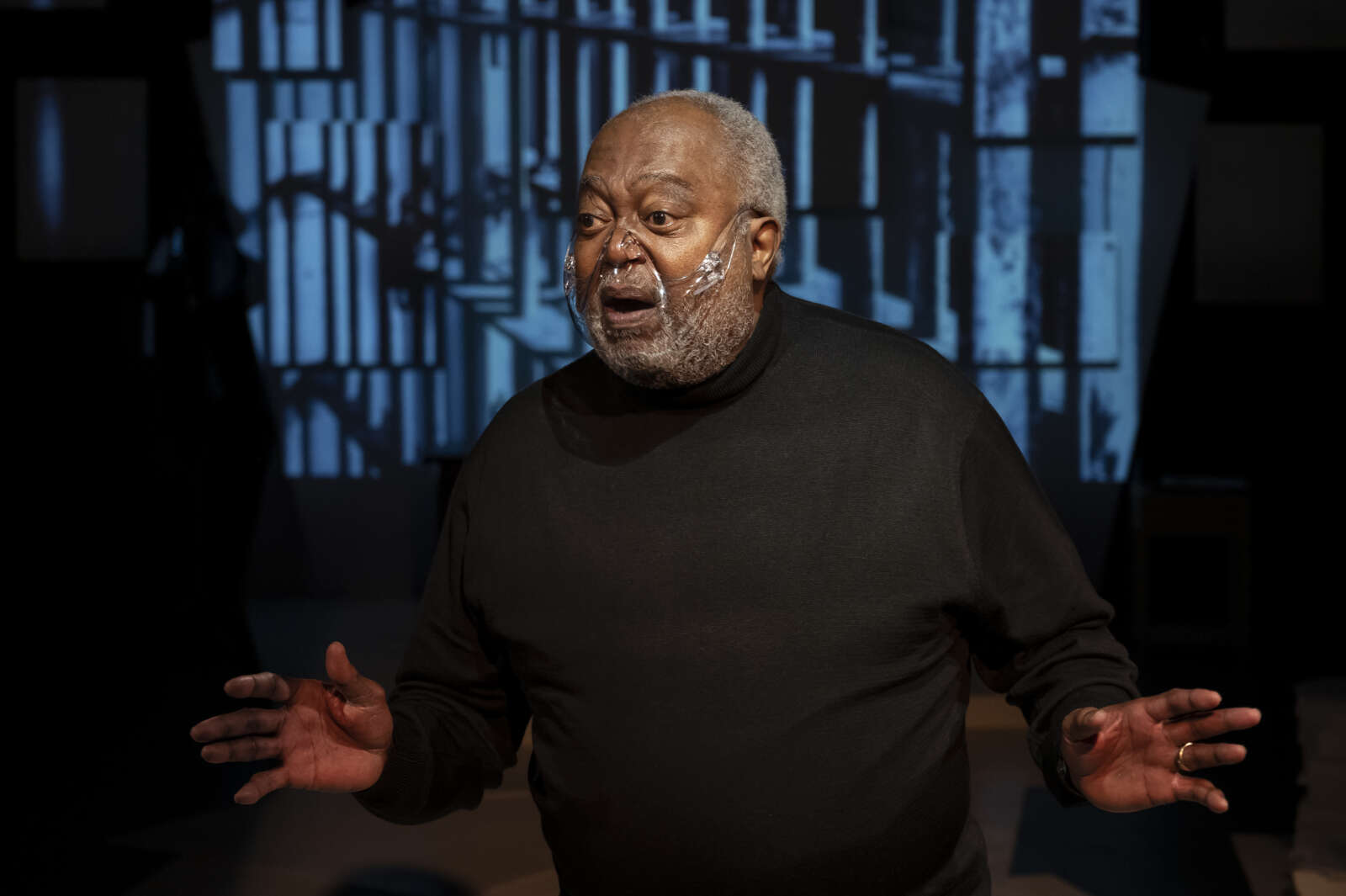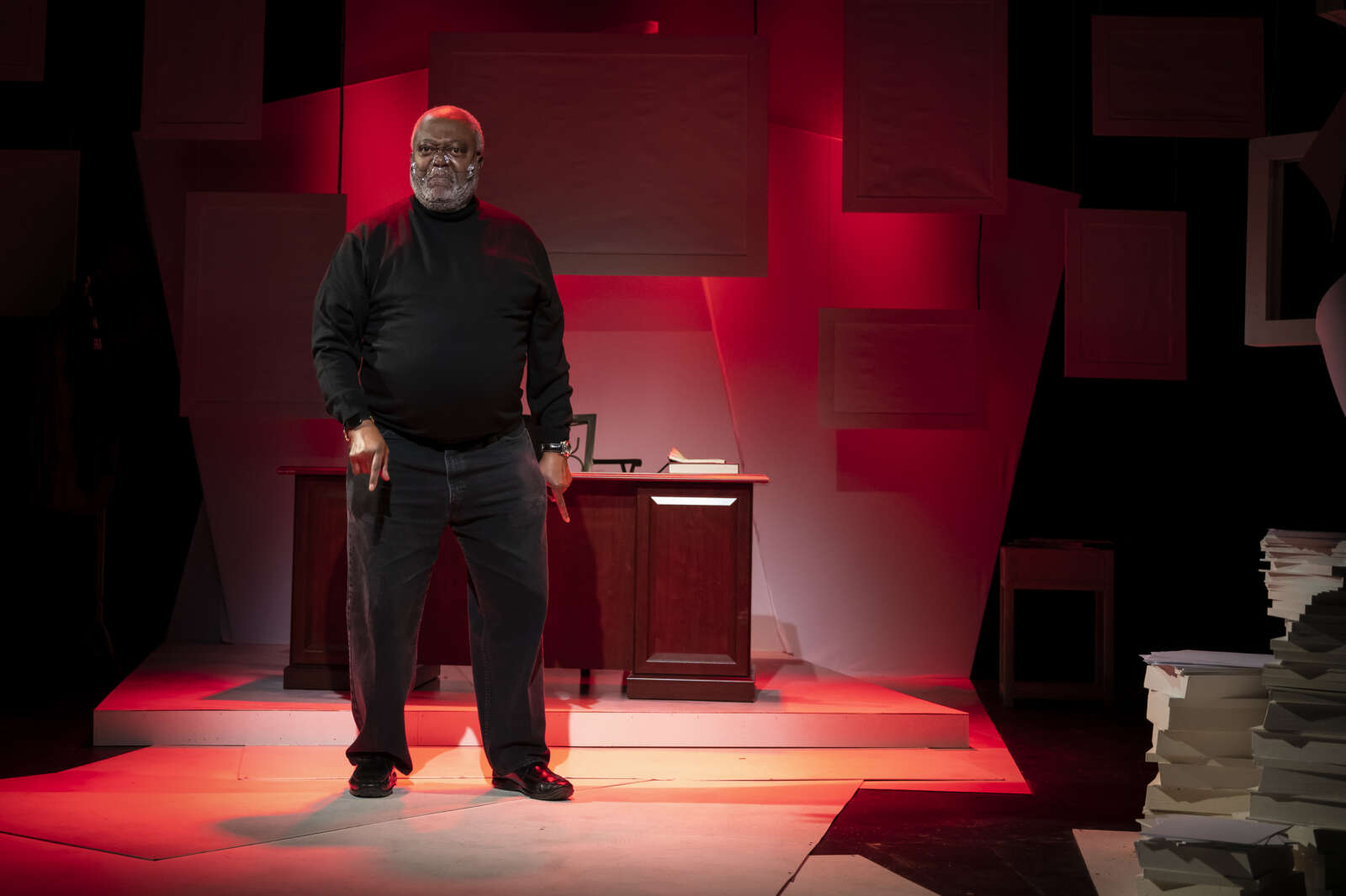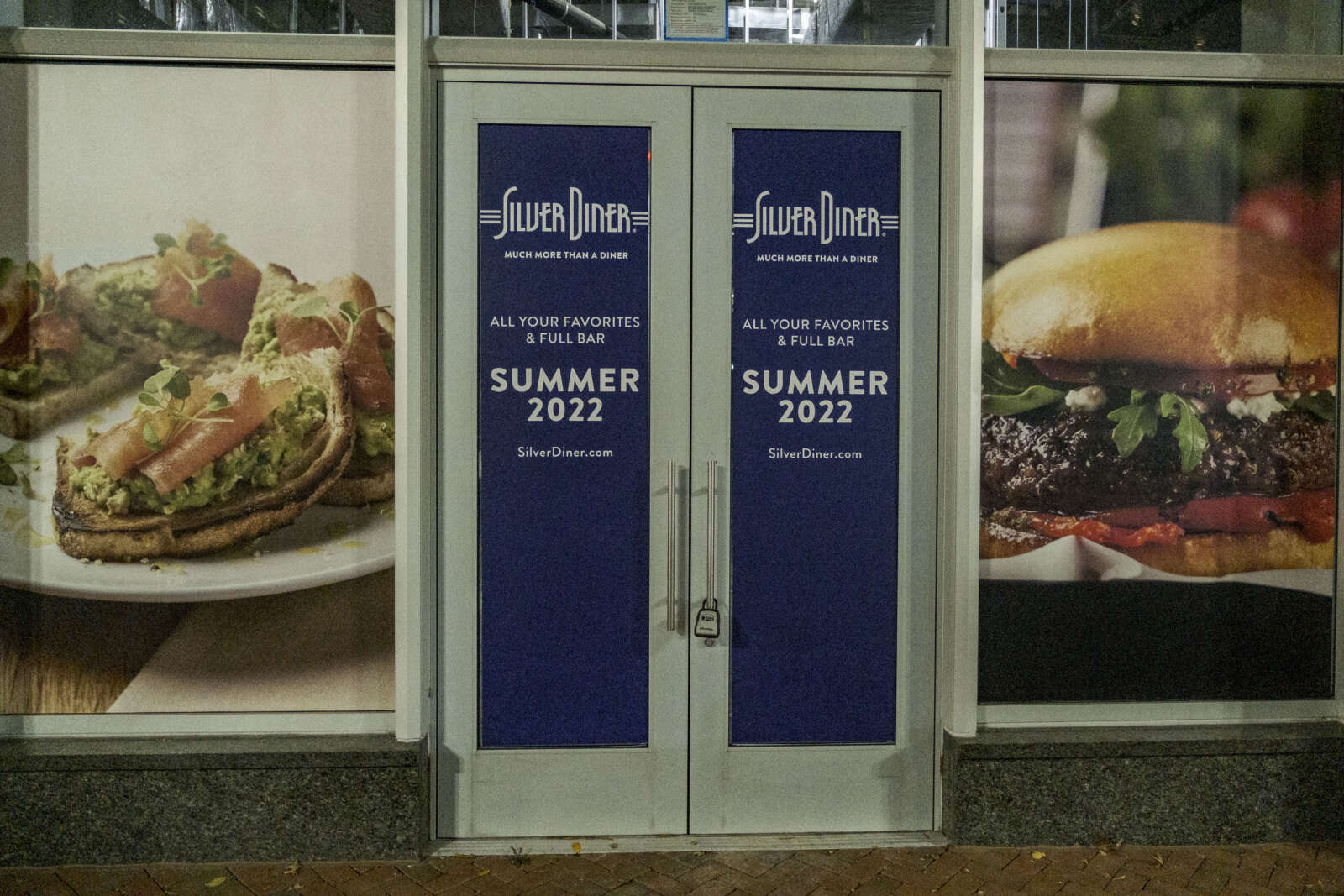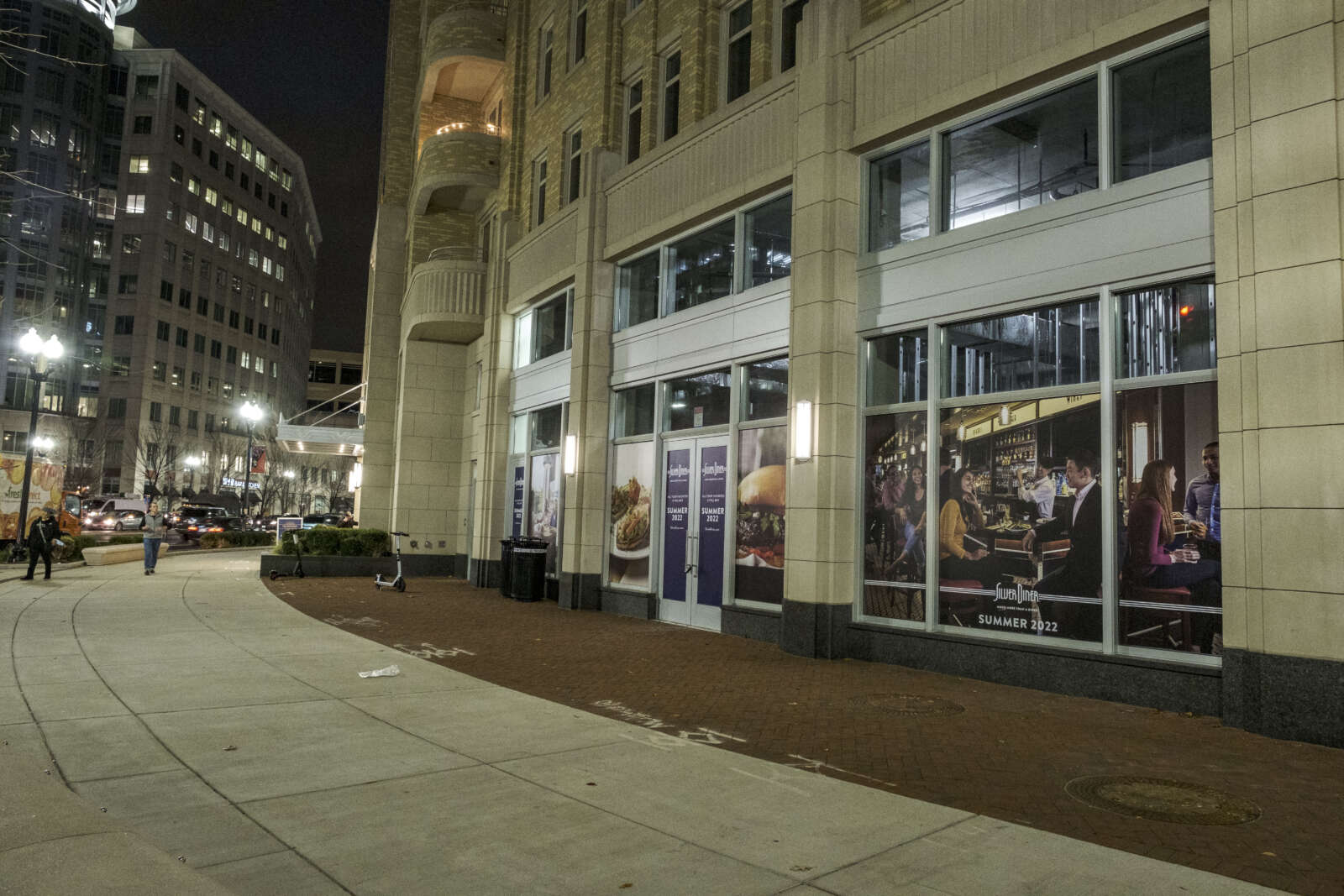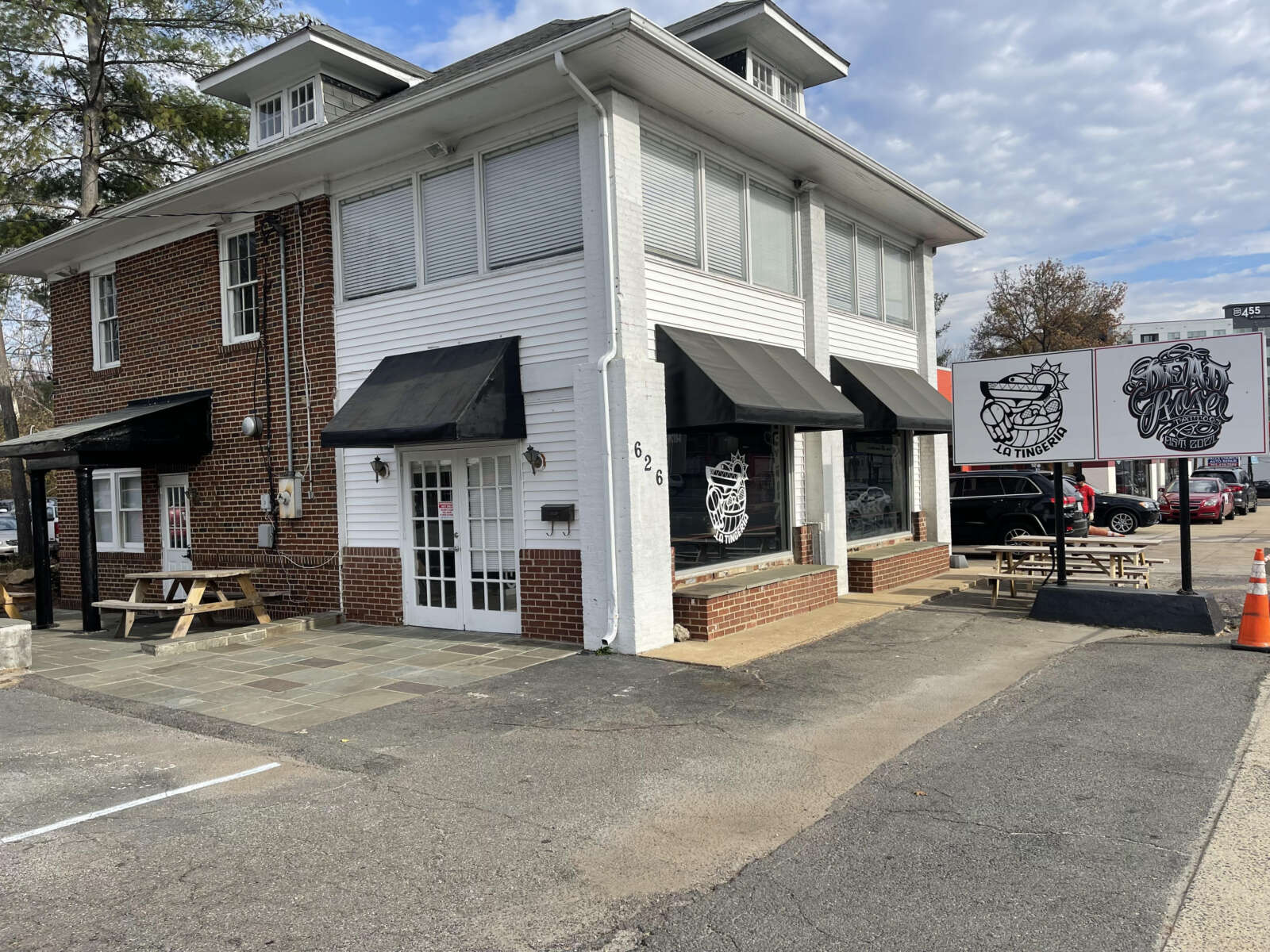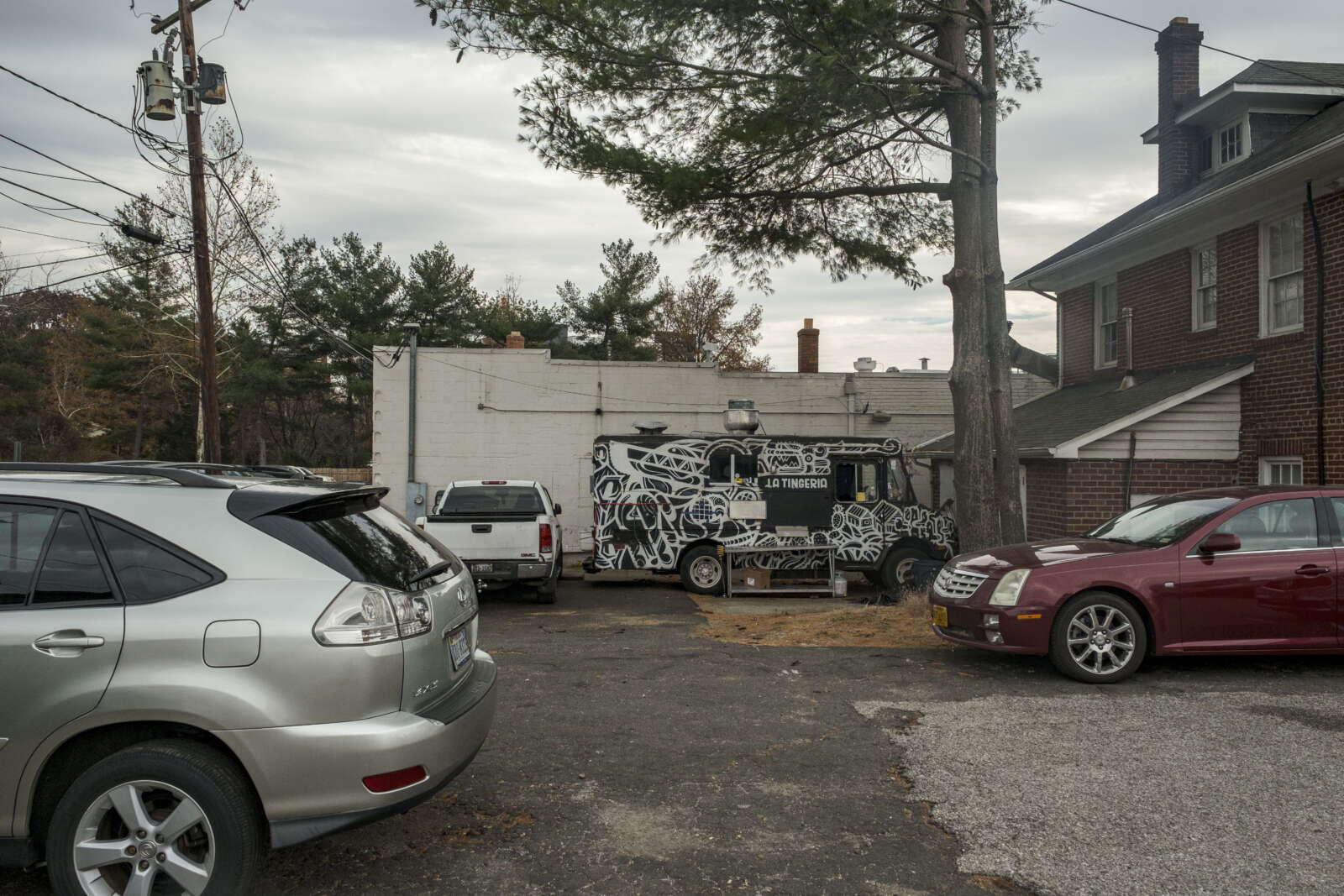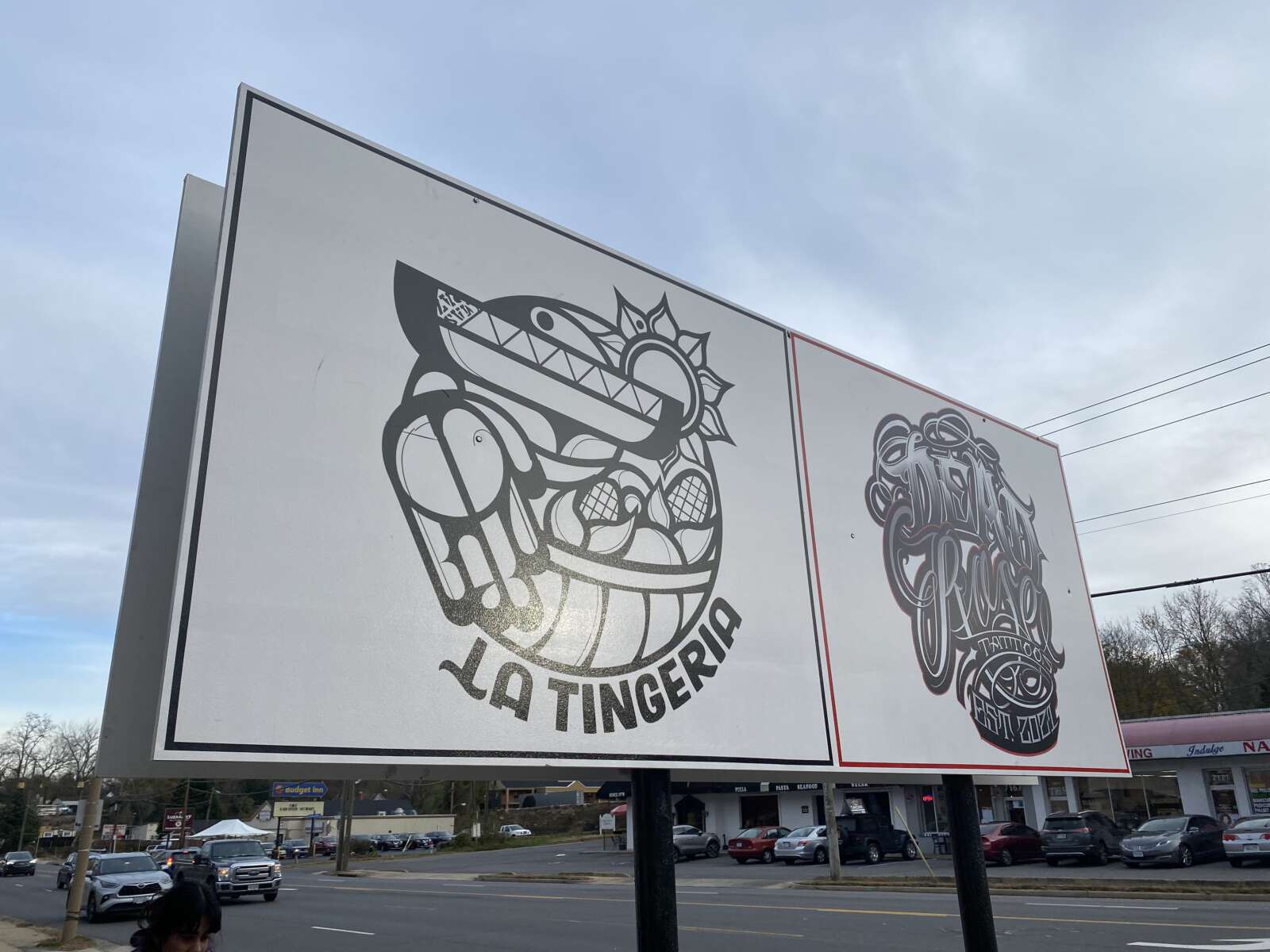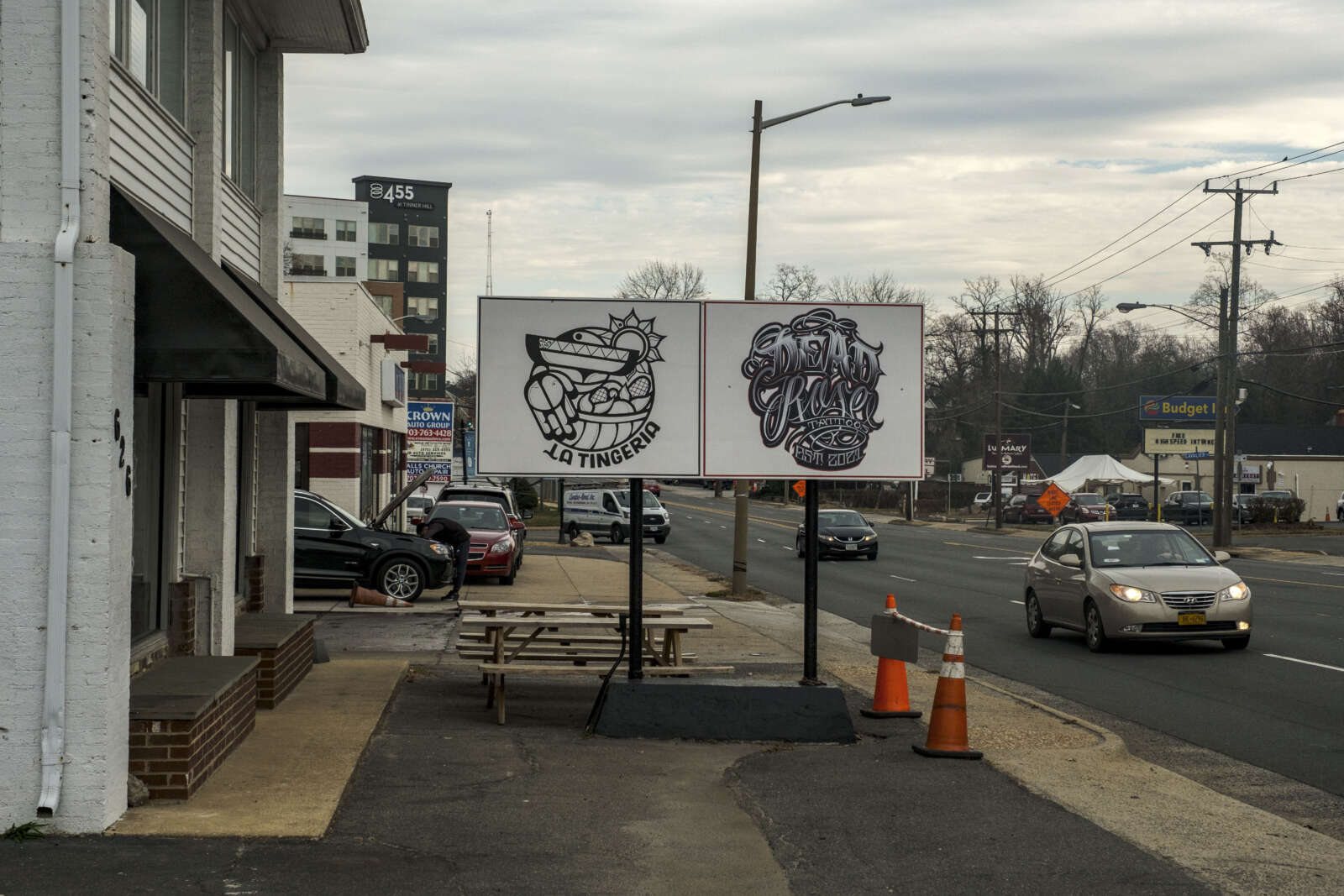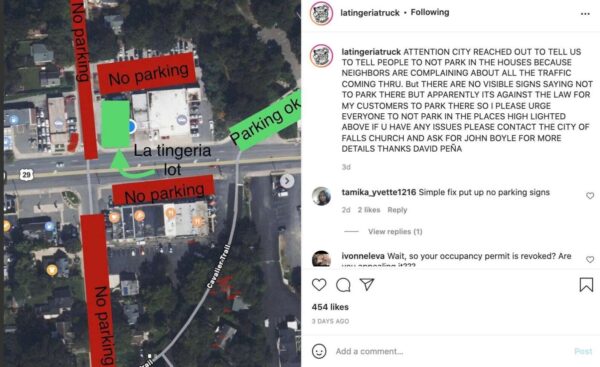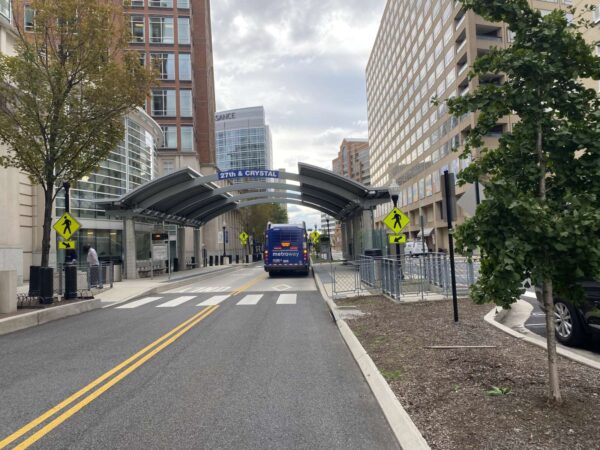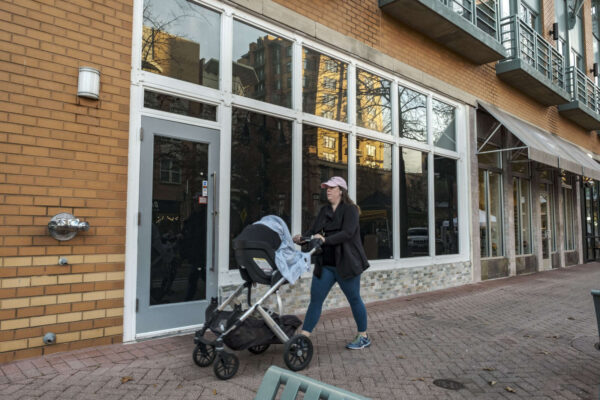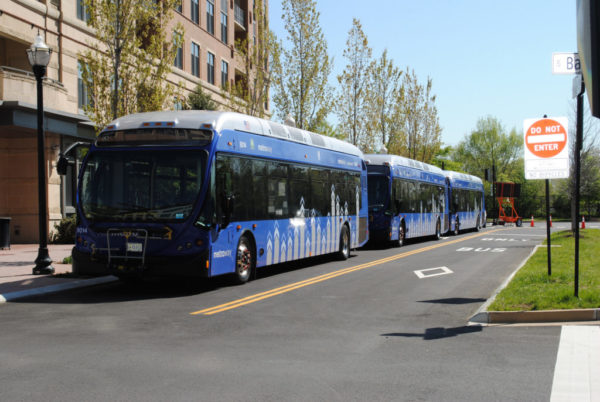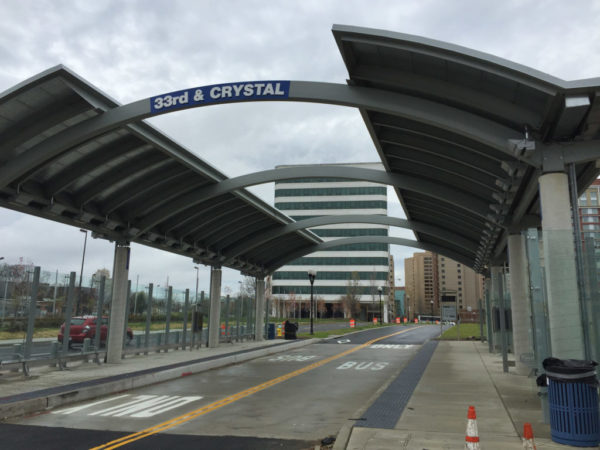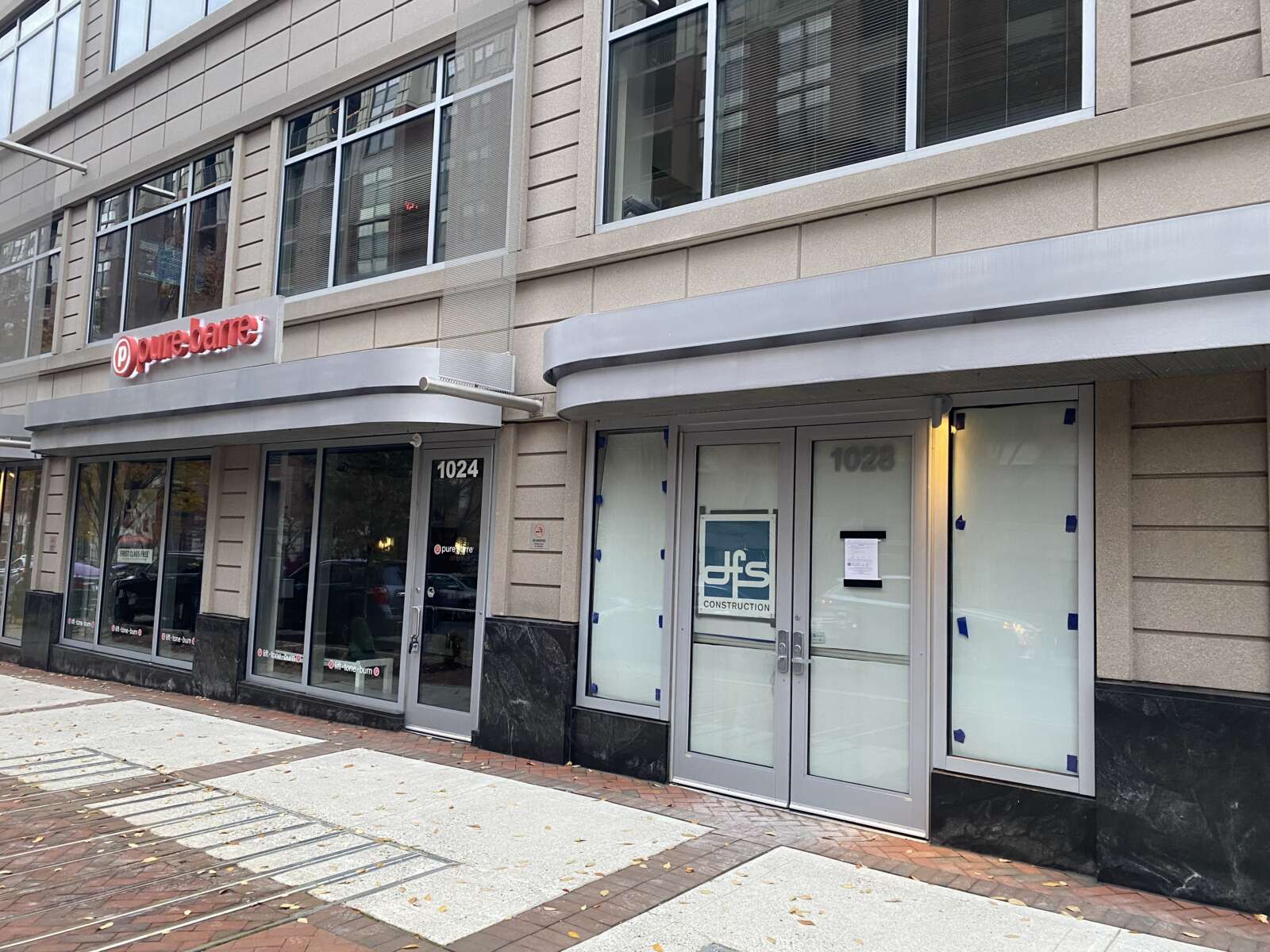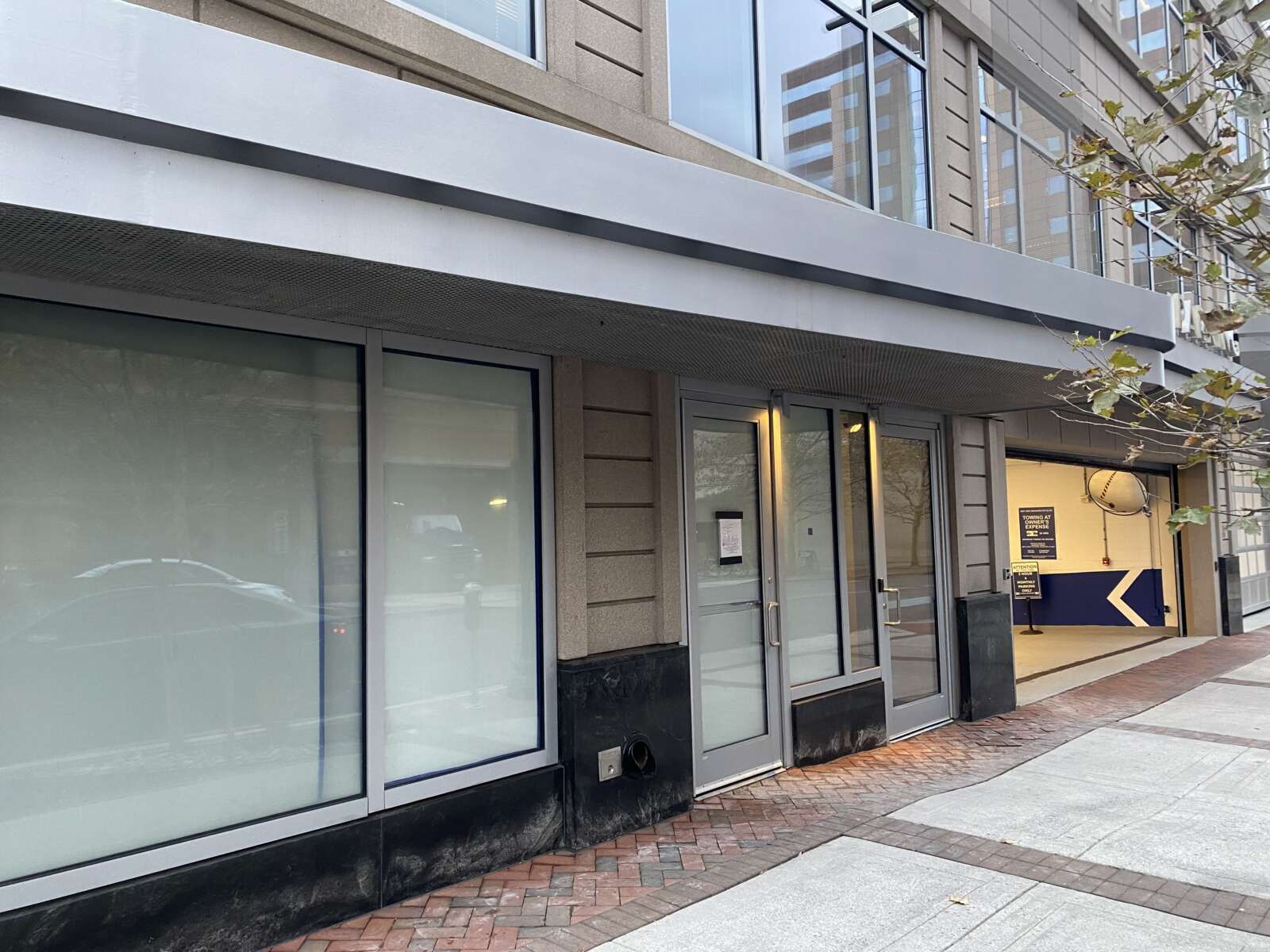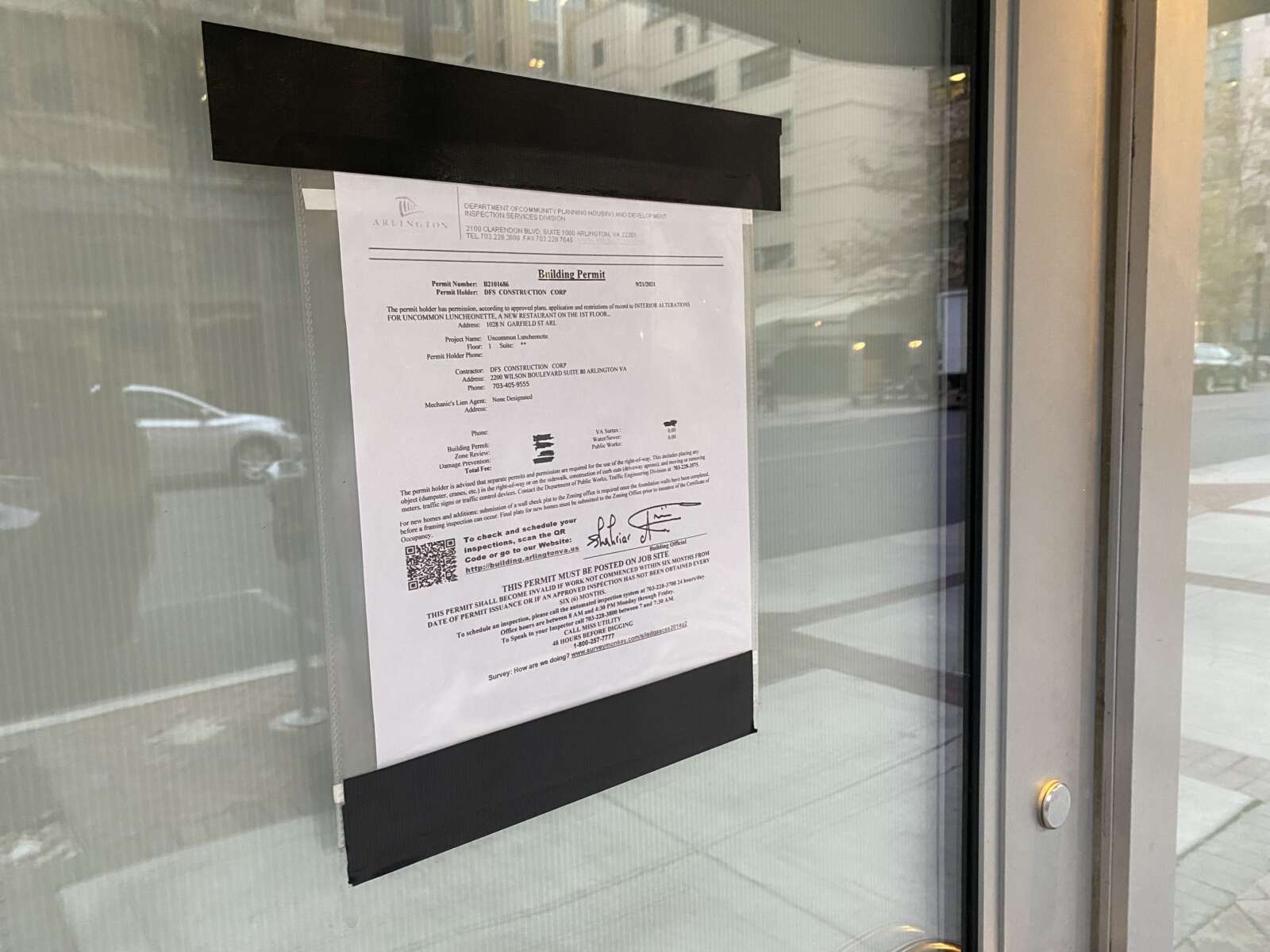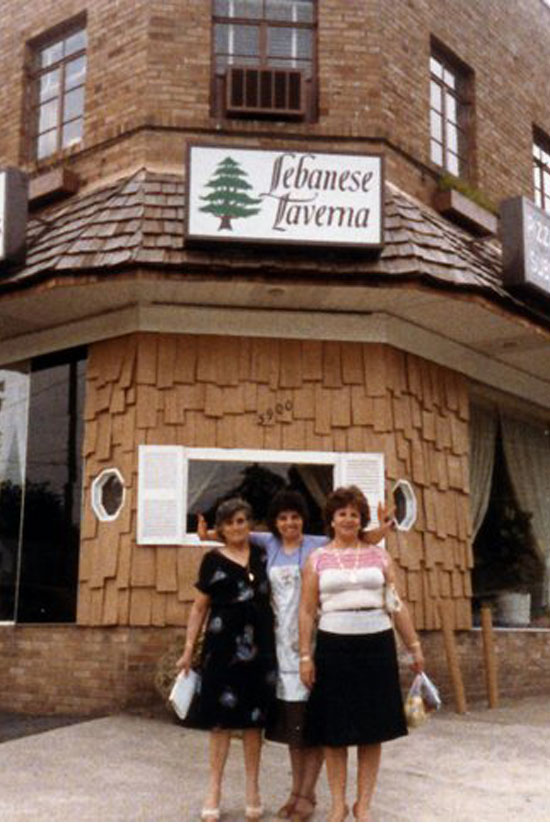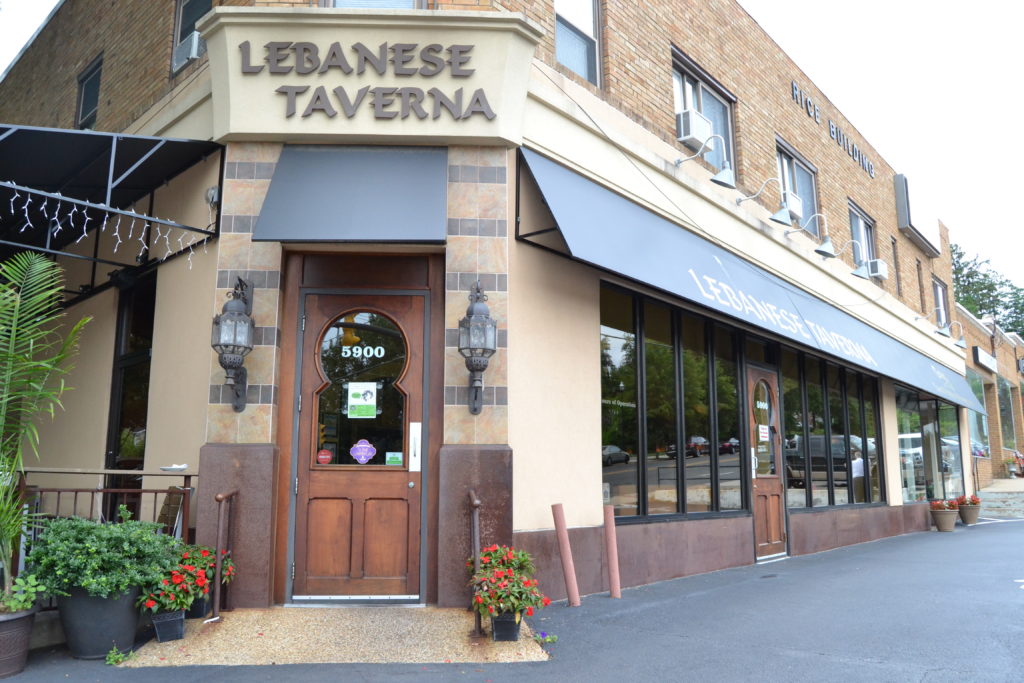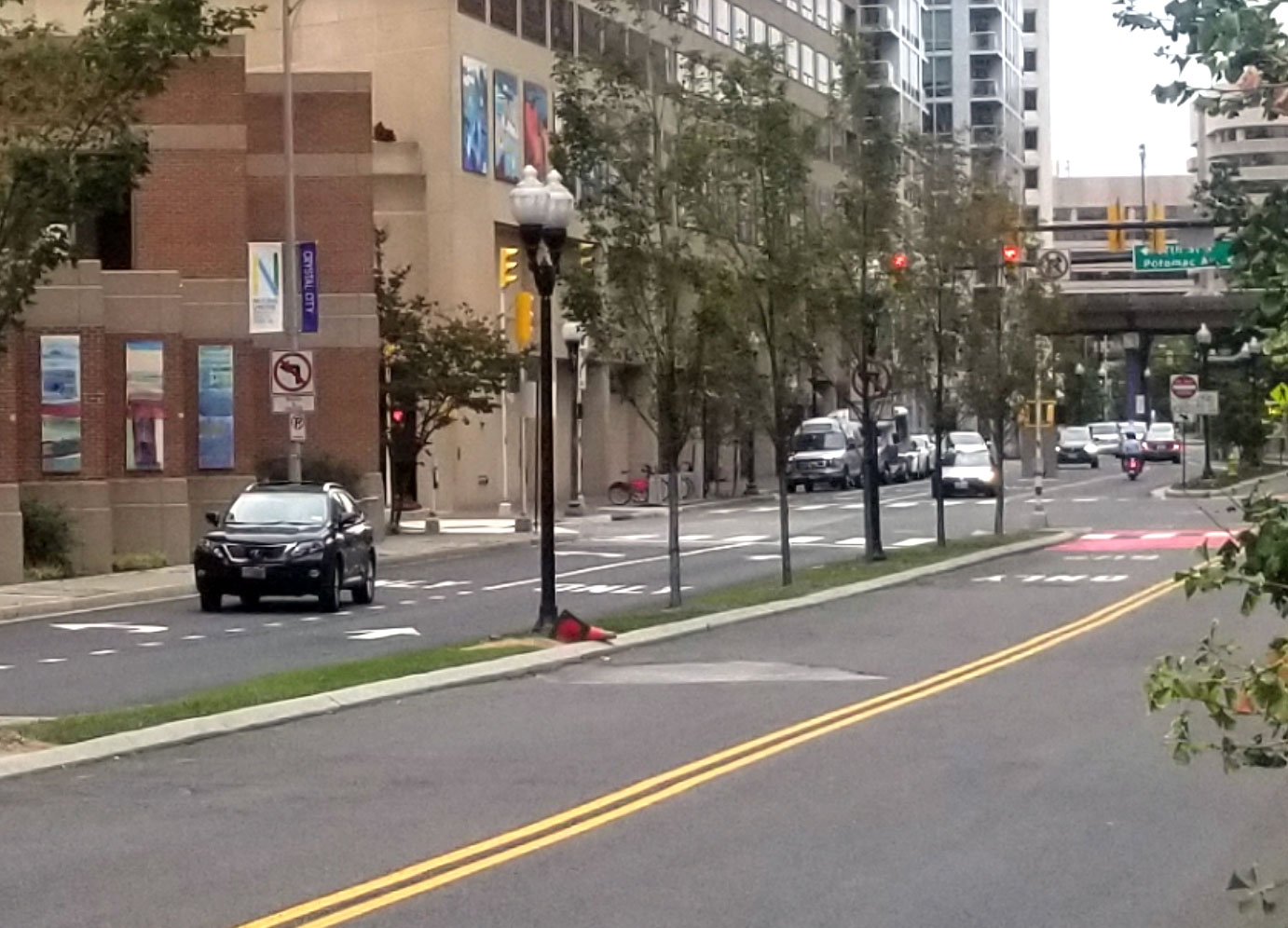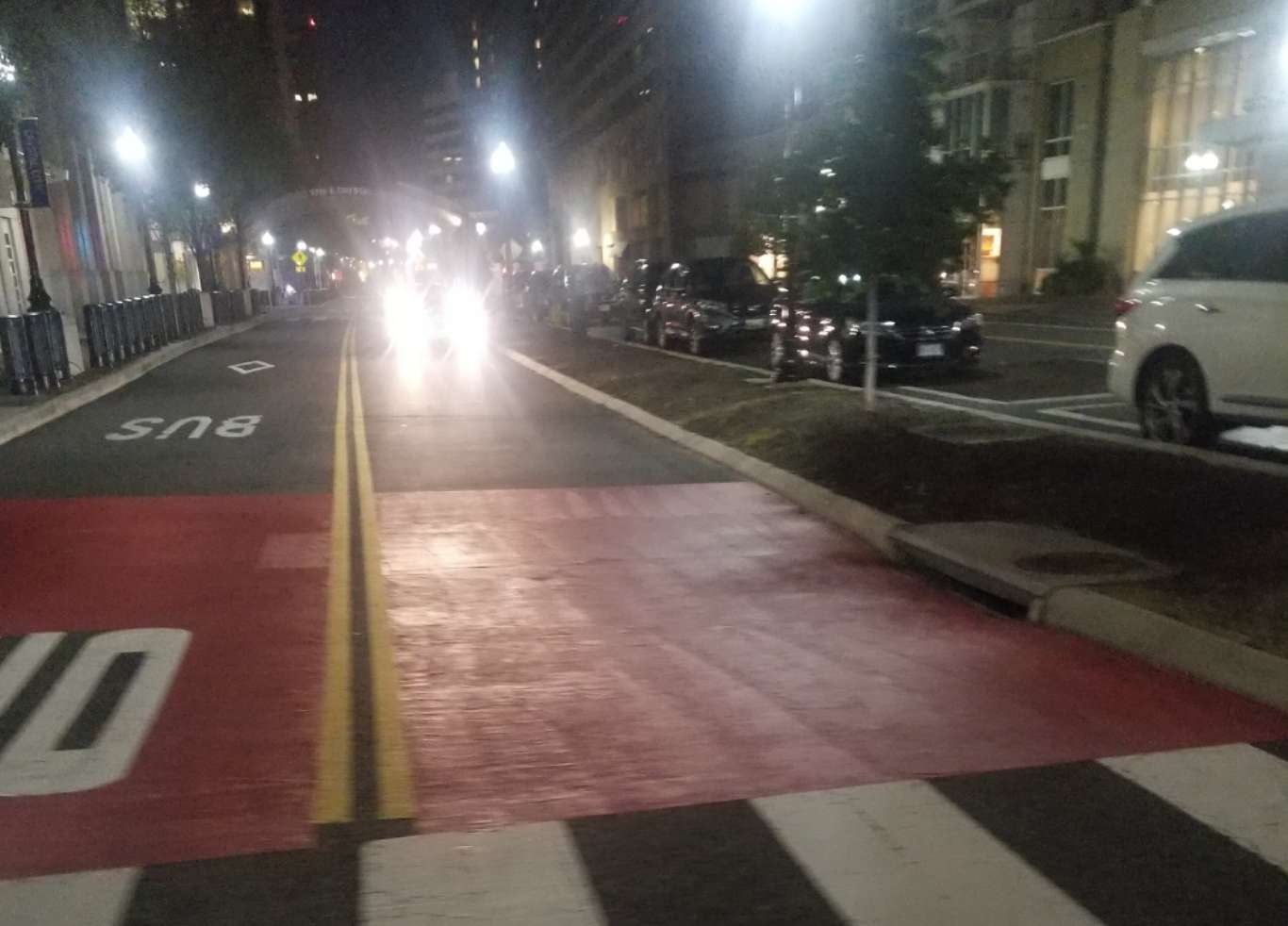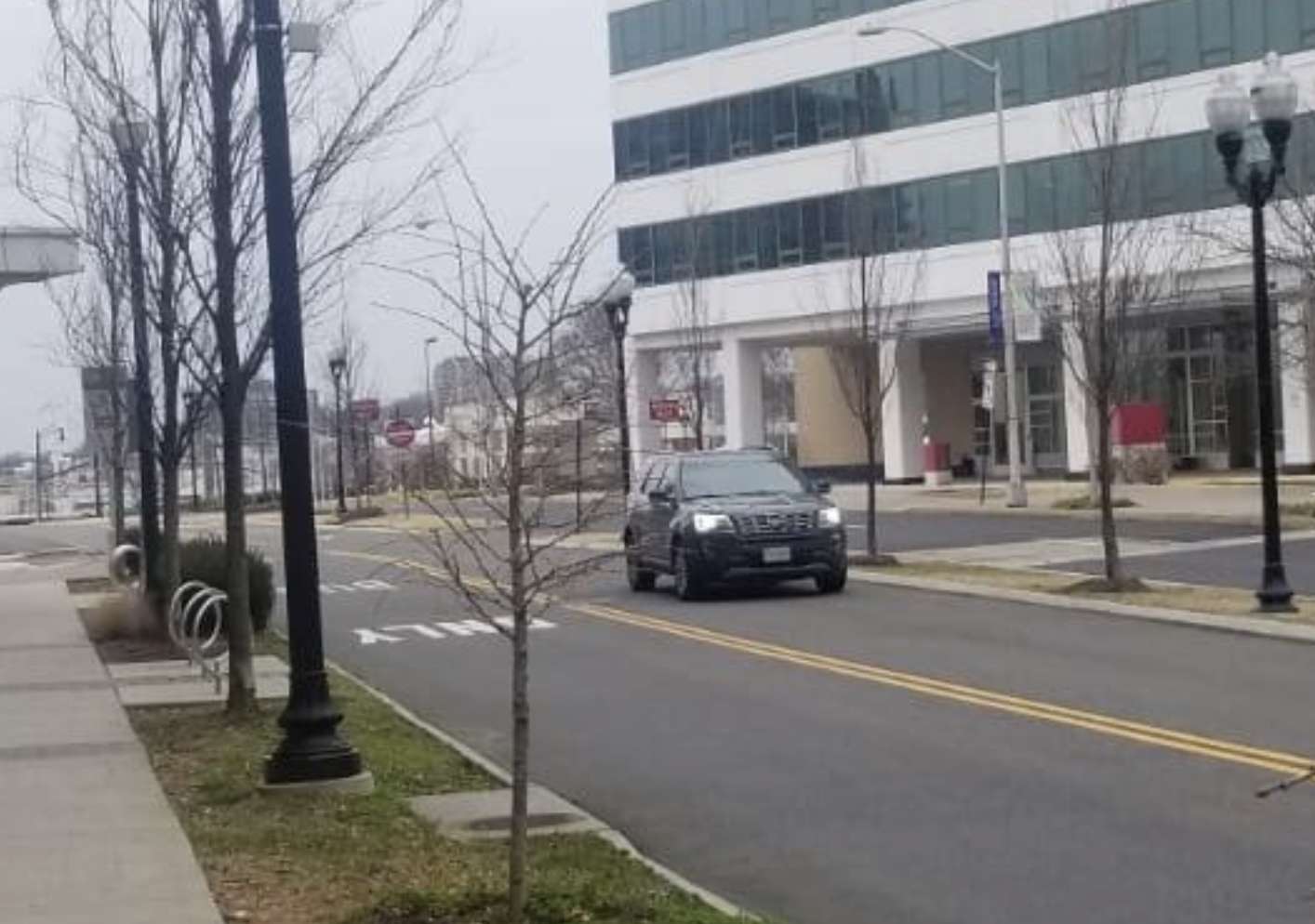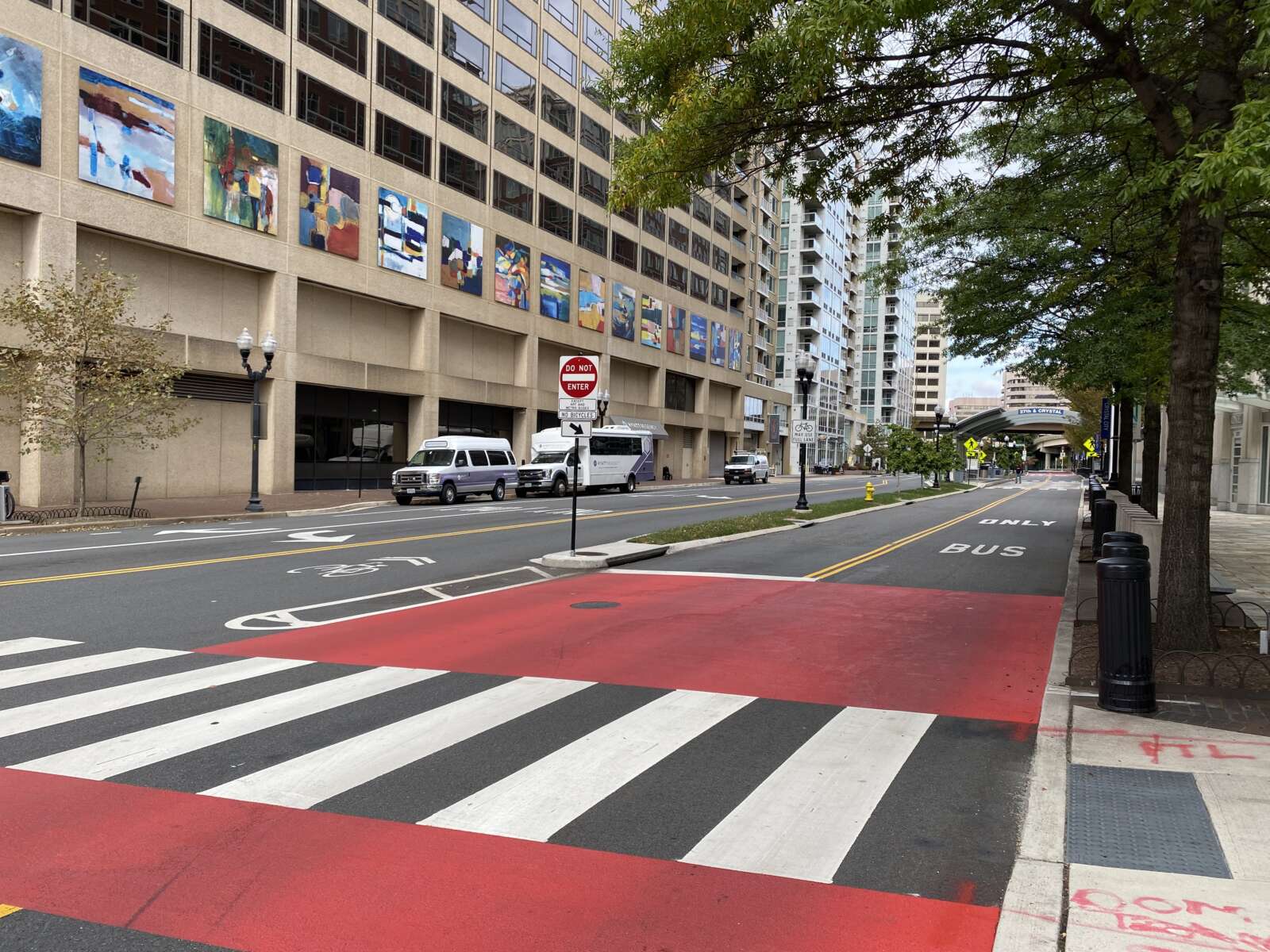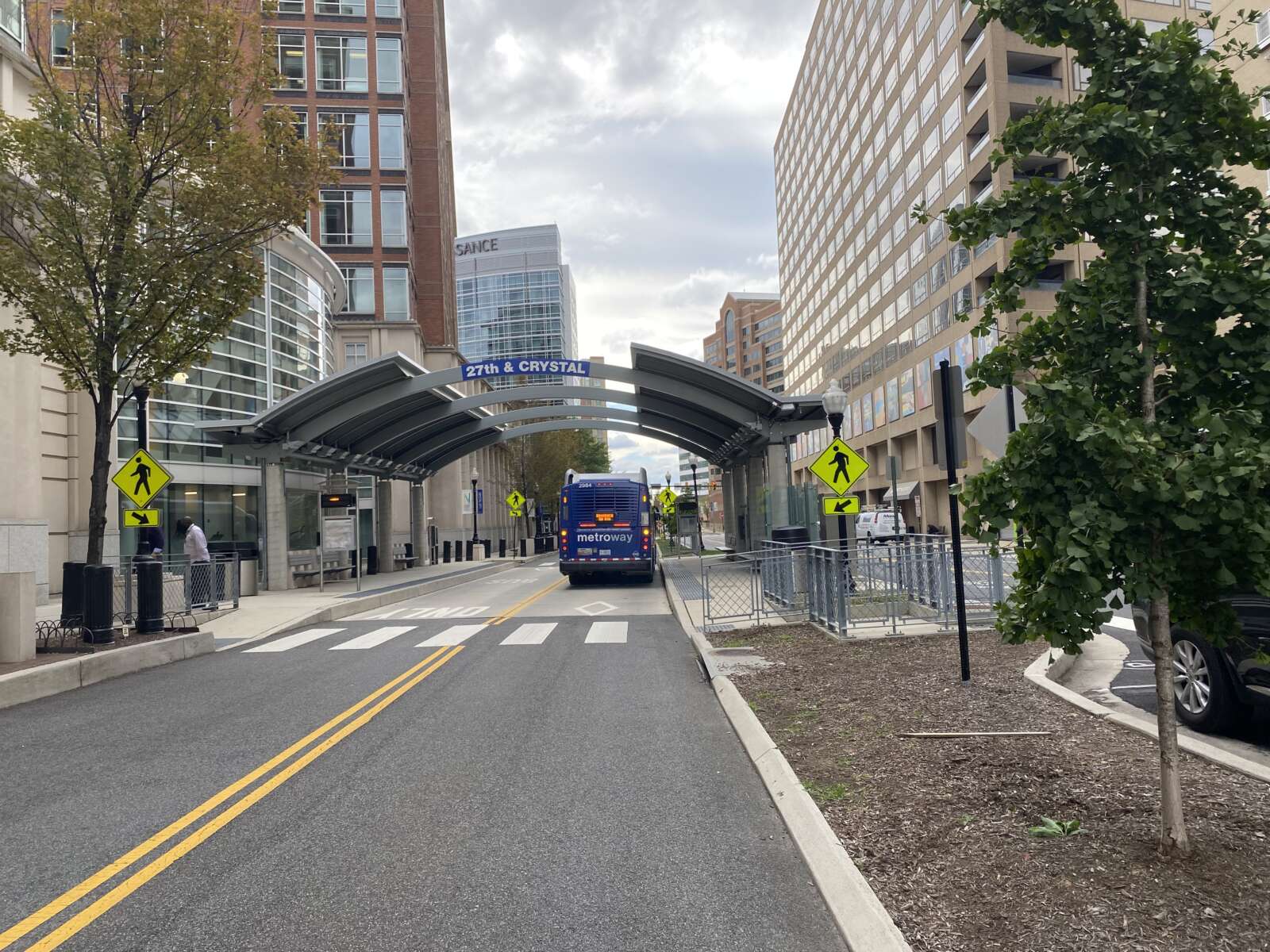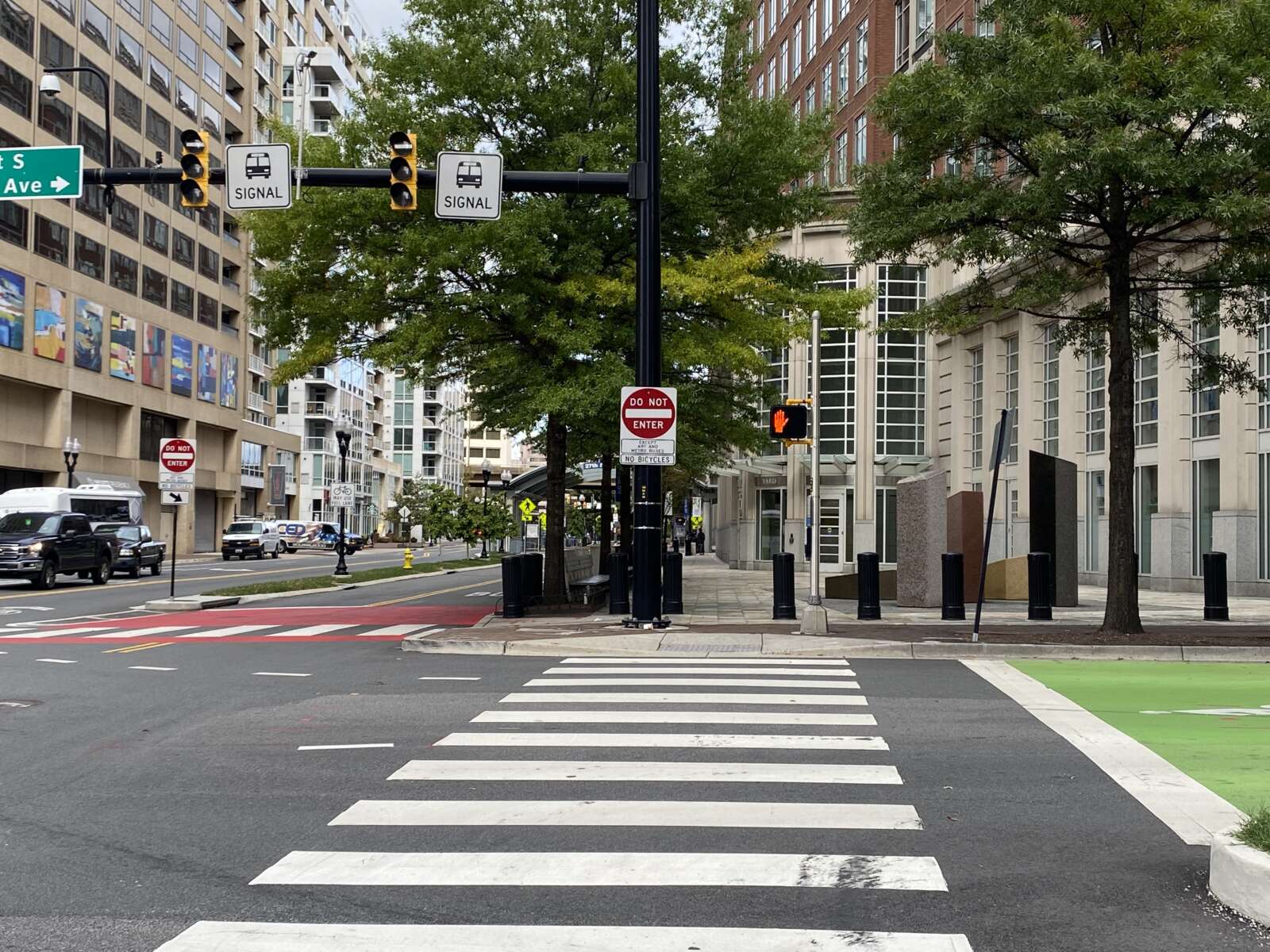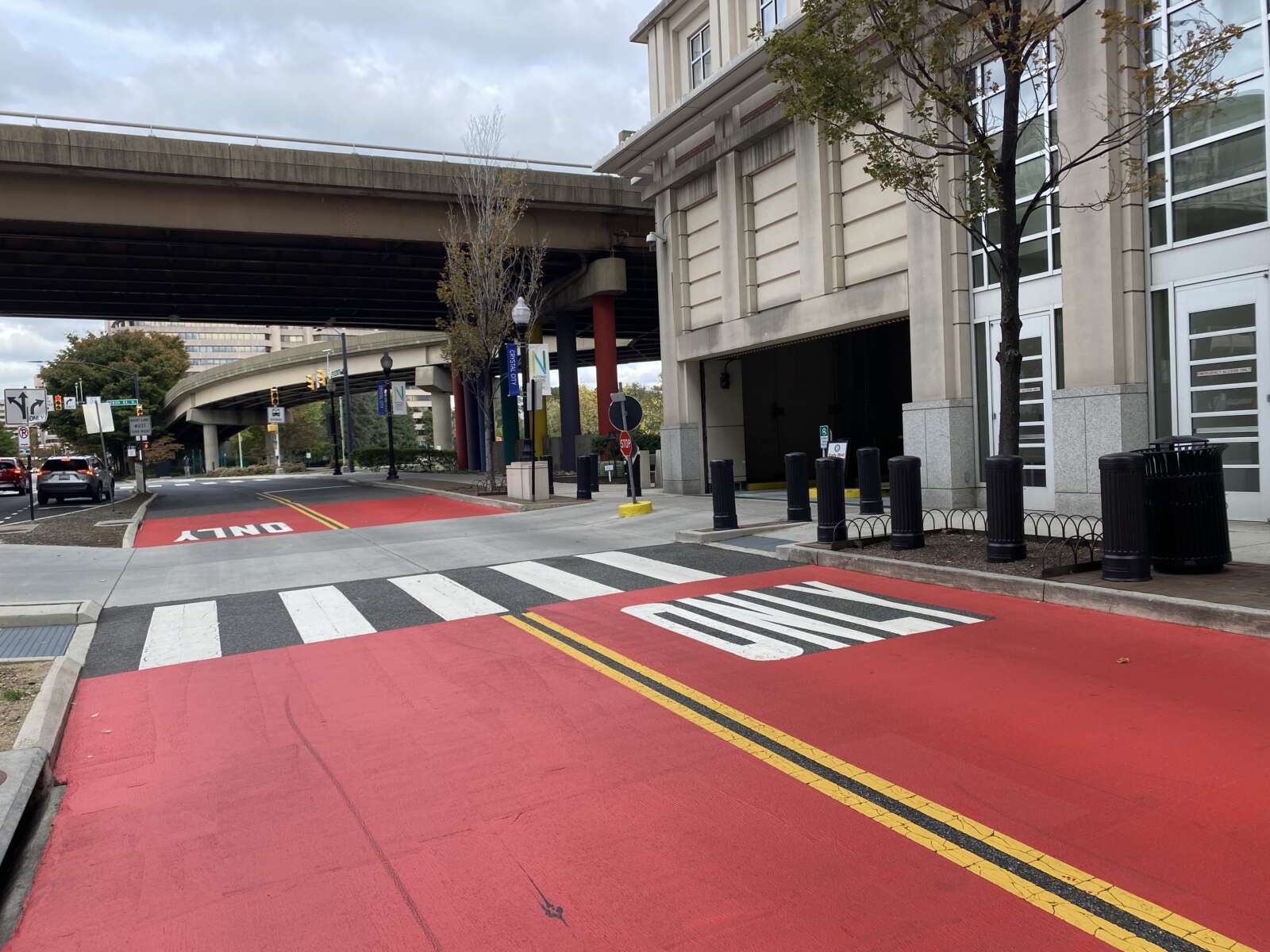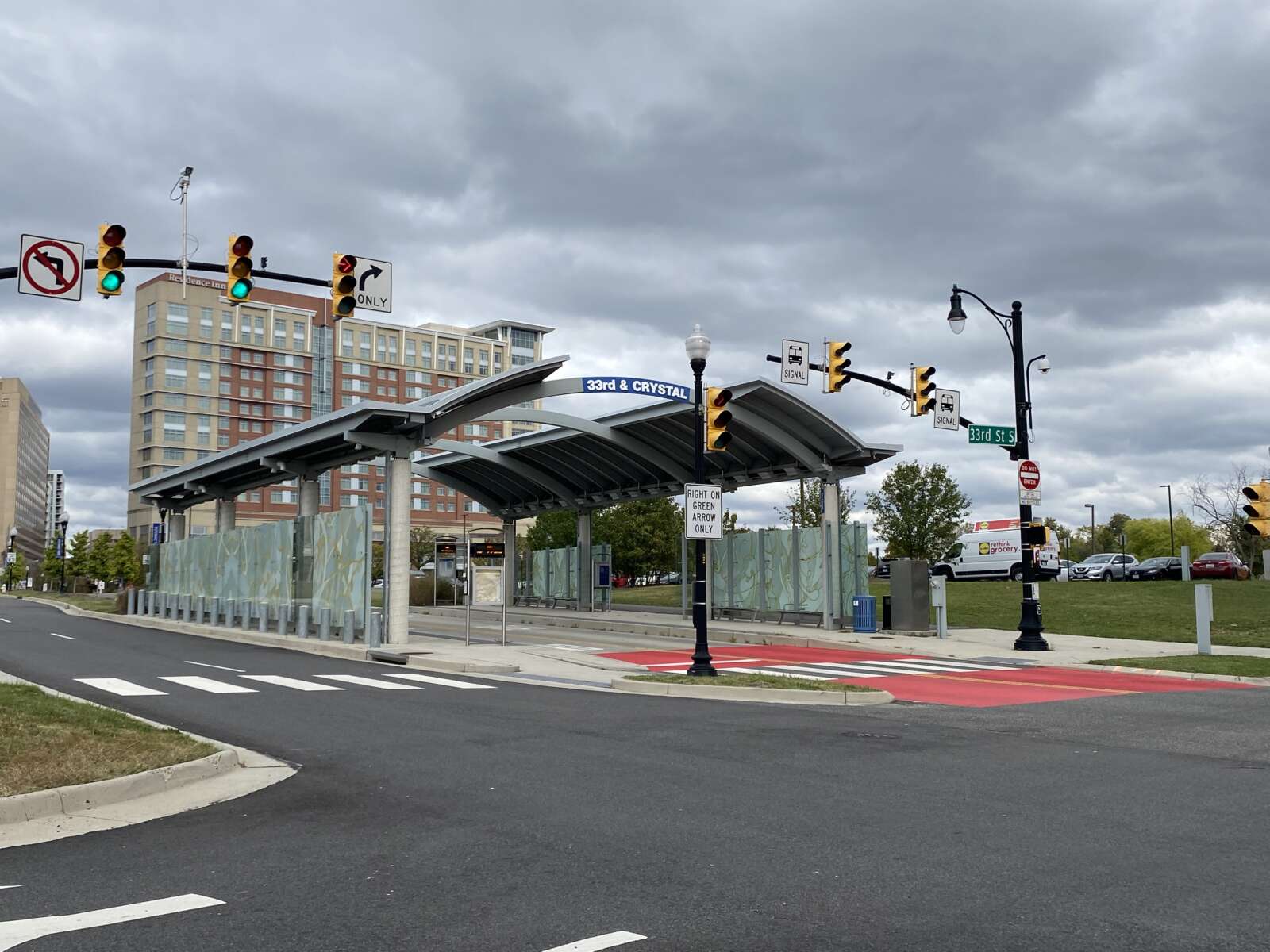Maybe it shouldn’t come as a surprise that there are similarities between being a judge in a courtroom and an actor on stage.
“It’s all really about trying to understand that all human beings are complex,” Judge William T. Newman, Jr. tells ARLnow. “They are not all good and they are not all bad.”
Newman is a judge, an actor, and one half of a legit Washington power couple. He’s the long-time Chief Judge of Arlington County Circuit Court who’s presided over some of Arlington’s most well-known cases — as well as a veteran stage actor who’s appeared in several local productions over the years. In his dual roles, he’s known for his authoritativeness, clarity, and booming voice.
But this month the multifaceted Newman is doing something he’s never done before: starring in a one-man show.
The judge is portraying the legendary playwright August Wilson in the autobiographical How I Learned What I Learned. Produced by Arlington’s Avant Bard Theatre and staged at Gunston Arts Center, performances will be running through Dec. 19.
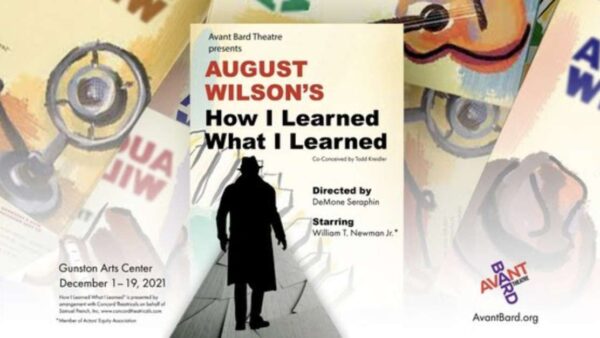
“It’s quite a challenge,” Newman says about being the solo performer on stage. “It’s you just there. It’s the raw essence of who you are up there.”
He notes the difficulty in holding the audience’s attention, avoiding becoming one-dimensional, and being able to shift tone on a dime.
“It’s trying to set different levels. Some of it is funny, some of it is sad,” he says. “You have to be ready to do the next thing, which may be totally the opposite.”
How I Learned What I Learned, published shortly before Wilson’s death in 2005, is an autobiographical look into the writer’s life and what it meant to be a Black artist in the 20th century. Wilson wrote the lead role for himself, which provides another unique challenge for Newman.
“August wasn’t an actor. He was a writer. So, in a sense, it’s trying to do this without overdoing it,” he says. “He’s a story teller and I’m trying to tell his story.”
Despite much of the play taking place in the mid-20th century, there’s plenty in the material that remains very relevant today. Citing the Black Lives Matter movement and last year’s protests over the killing of George Floyd, Newman calls Wilson’s work “prophetic” in that it deals with inequality and the country’s inability to cope with its history.
“August was really talking about how we need to come together as a community, as both Black and white,” he says. “To look at each other and not be as wary of each other.”
Newman notes that he completely agrees with Wilson’s assessment that we are “victims of our history.”
This isn’t Newman’s first show with the three-decade-old Avant Bard Theater (it was previously known as the Washington Shakespeare Company). In 2017, he starred as Oedipus in the theater’s production of The Gospel at Colonus.

This is his first time back on stage in about two years, however. Like it is for many local performing arts organizations, this holiday season is a greatly-anticipated return to performing in front of live audiences.
While Newman is very much looking forward to it, he admits he forgot how much it can take out of him both in terms of time, focus, and energy. Acting is about bringing life experiences to a role, he says, which can be exhausting.
For Newman, some of those life experiences come from the courtroom, where he hears cases and listens to people profess their innocence all day long. He says his acting and engaging in the arts brings “a sense of humanity” to his day job.
In Wilson’s writings, there are plenty of “shady” characters, but Newman knows those characters come from real life.
“There’s a human element to everything that they do… It’s part of what goes on in life,” says Newman. “These are real people, who do these real things, and say these real things.”
How I Learned What I Learned runs Thursdays through Sundays, from Dec. 1-19 at Gunston Arts Center, Theatre Two (2700 S. Lang Street). This article was funded by the ARLnow Press Club and first appeared in Saturday’s club newsletter.


